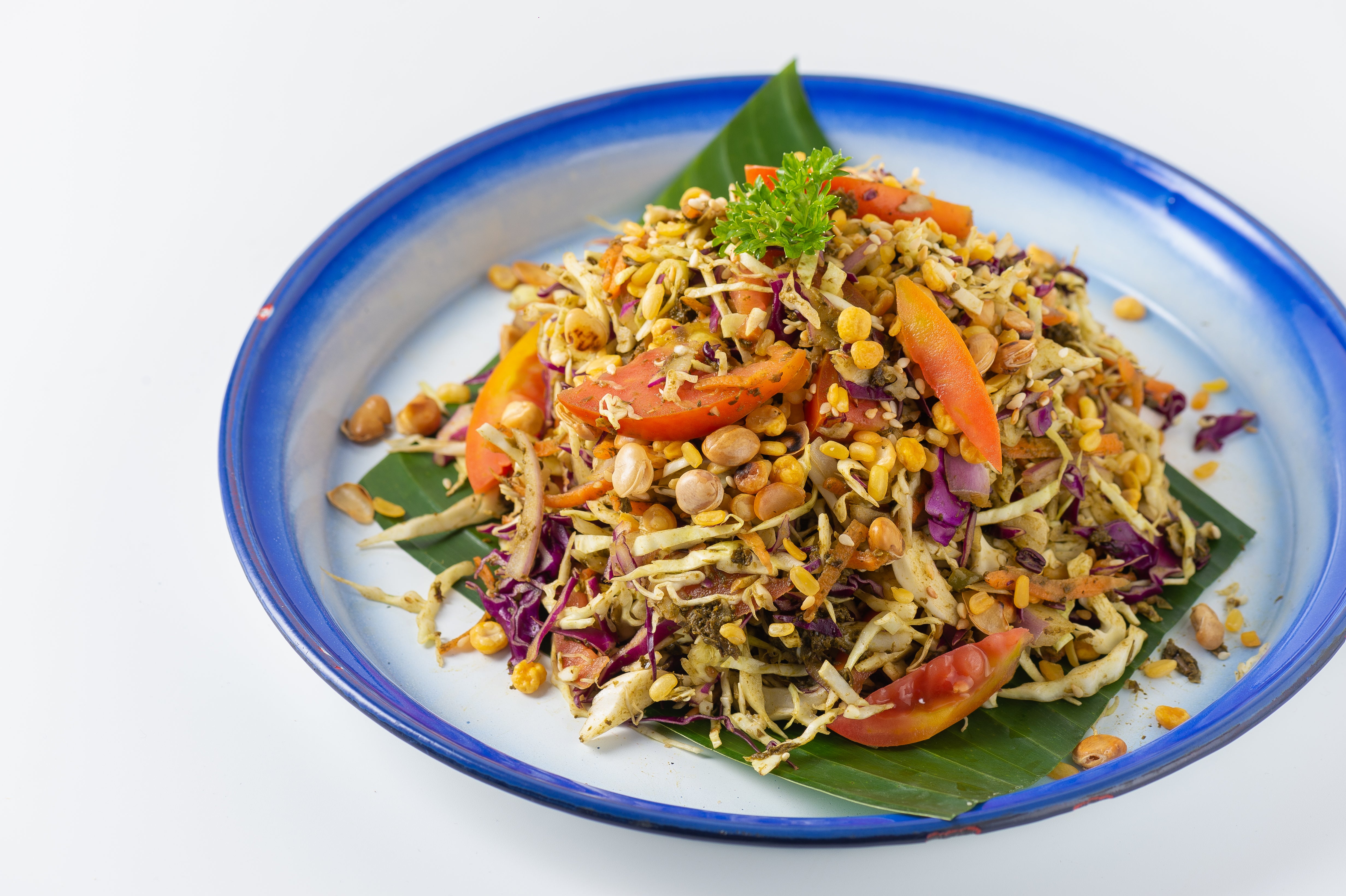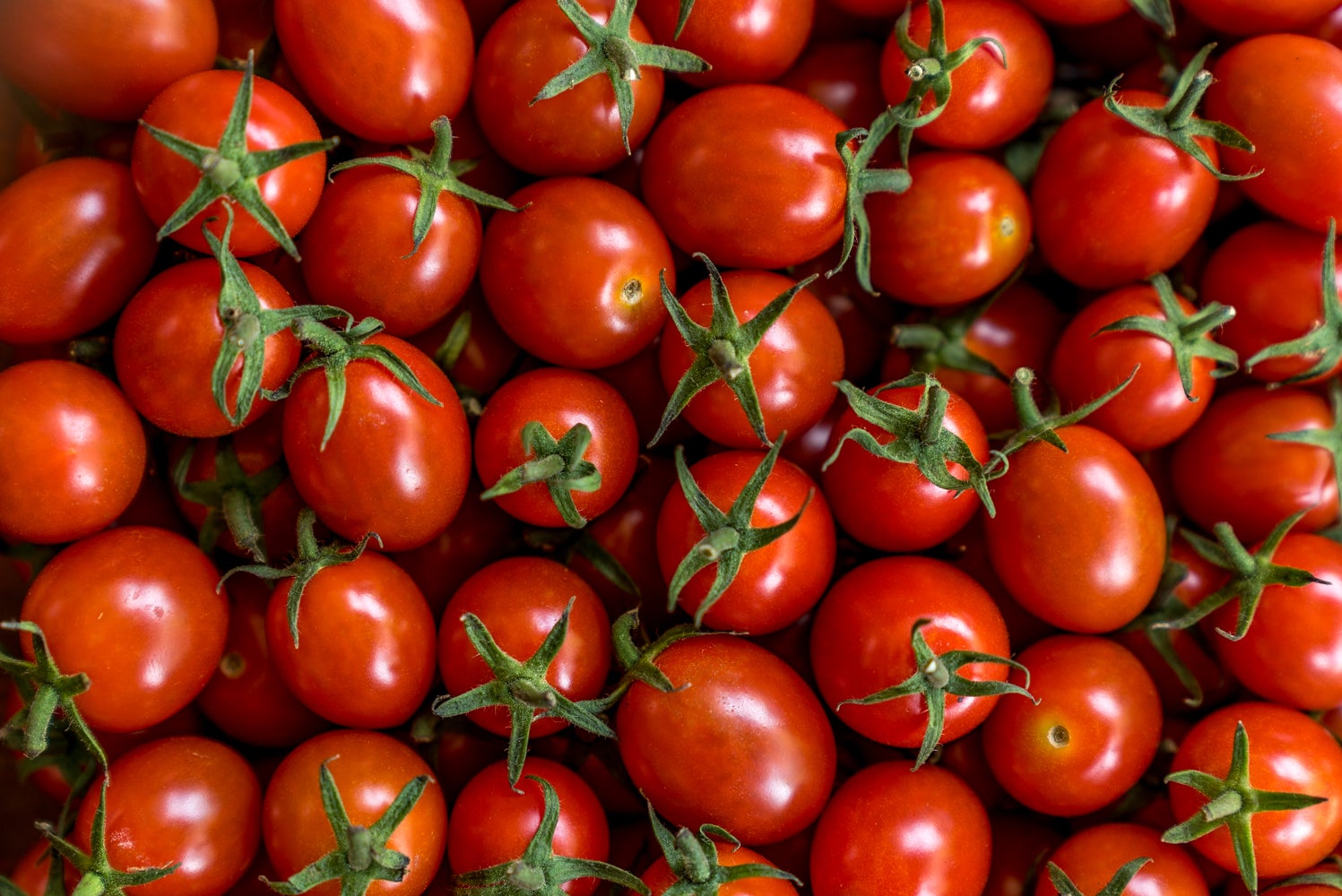How Chiang Mai became the vegan capital of Asia
From pizzerias to traditional street food purveyors, this Thai city’s eateries have fully embraced the plant-based lifestyle, writes Lucie Grace


Your support helps us to tell the story
From reproductive rights to climate change to Big Tech, The Independent is on the ground when the story is developing. Whether it's investigating the financials of Elon Musk's pro-Trump PAC or producing our latest documentary, 'The A Word', which shines a light on the American women fighting for reproductive rights, we know how important it is to parse out the facts from the messaging.
At such a critical moment in US history, we need reporters on the ground. Your donation allows us to keep sending journalists to speak to both sides of the story.
The Independent is trusted by Americans across the entire political spectrum. And unlike many other quality news outlets, we choose not to lock Americans out of our reporting and analysis with paywalls. We believe quality journalism should be available to everyone, paid for by those who can afford it.
Your support makes all the difference.As my violet-painted night train pulled into Chiang Mai one Friday morning a few weeks ago, I realised how little research I’d done on Thailand’s “second city”. That it’s the country’s religious epicentre, full of Buddhist monasteries, surrounded by lush jungle and farmland, I already knew. But I hadn’t carried out my usual fastidious search for cafes, restaurants, book shops and swimming pools, lest I be disappointed and for some out-of-my-hands pandemic-related reason fail to make it here.
But the travel gods were kind and so here I am, in one of the oldest cities in Thailand – which also turns out to be, much to my surprise, absolutely awash with vegan eateries. Almost 200 options are reviewed on listings site Happy Cow and more than 40 of those are exclusively plant-based, which feels a fairly high density in a city of only 120,000 people.
I should say at this point that I’m not 100 per cent vegan. I'm a long-time vegetarian with a relatively recent dairy intolerance, which is challenging in meat-loving South East Asia. Suddenly having a delectable range of tasty choices at my fingertips is a very welcome development and, as I marvel over menus, I find myself wondering – how on earth did Chiang Mai become such a vegan haven?

Lisa Nesser’s community hub, the bright and airy, non-profit Free Bird Cafe (100 per cent of proceeds go to her charity that provides education for Burmese refugees, Thai Freedom House) was one of the first to open in 2009. As I graze on Khao Som, rice balls topped with tomato and turmeric sauce and fried garlic, just one of the many flavourful Burmese dishes on her menu, Lisa tells me about the changes she’s seen in town. “There have always been foreigners living here – the yogis, massage students and NGO workers,” she says. “Then in 2015 the digital nomads arrived. They have expendable income because they're making dollars and they're living cheap here, so they can invest in really healthy, good food. We really started to grow with them.”
As more of the western world went vegan, so did these remote workers; despite the pandemic and a drastic reduction in the number of international visitors, the demand for vegan fare is still going strong in the city. Sarah Supharueang opened her restaurant, Vegan Society, in February this year, operating out of her kitchen and hosting customers in her charming garden.
As I marvel over menus, I find myself wondering – how on earth did Chiang Mai become such a vegan haven?
“I wanted to create a homely place where people who don’t have so much money can come five days a week to eat at Sarah’s,” she says. Most options on her menu are vegan versions of local favourites like noodle soup Khao Soy and sold for 40 or 50 baht a plate (90p to £1). “I love to cook and I wanted people who don’t know how to cook vegan to have an option,” she adds. It's a brave move to open mid-pandemic but she assures me it was the right one: “For me it's good to start slow and learn as I go along. I ultimately want to open an all you can eat vegan buffet.” While cheap buffets and world class street food is plentiful in Chiang Mai, none are selling vegan these days – Sarah could be on to something.
On her recommendation I go to meet Usatip Kidhen, or Fon to her friends, the proprietress of Rad Rabbit, Chiang Mai's only vegan pizzeria. Sustainability and avoiding food waste are top of the menu here, with Fon’s chefs using a special pre-fermentation technique to make the dough – “it’s a great way to reduce waste as whatever doesn’t get baked as a pizza just needs a few ingredients and it’s turned into focaccia,” says Fon. She’s also nailed a deal to get the best tomatoes in town: “We use this major organic tomato supplier, who usually sells to fancy supermarkets but we buy the ones that don’t look perfect, that they’d just throw out. We got them for a really good price and use them for our sauce.”

Her tomato sauce is magnificent, as is her vegan cashew cheese, piled lavishly upon the unmissable eggplant “parmigiana” focaccia, as well as most pizzas on the menu. Her take on the vegan scene stems back to the city’s spiritual roots: “I think Chiang Mai attracts people who care about health and wellness. There's lots of yoga studios and those people really care about what they put in their bodies. I think that's how veganism flourished here”.
No self-respecting investigation can be complete without going to the source of the inquiry, so I end my quest for knowledge at the oldest of such establishments in town, Aum Vegetarian Restaurant, which opened in 1982. Current owner Gasom Saifa is the third generation of her family to steer the ship, inheriting the place from her aunt 13 years ago. She has her own small farm nearby and uses herbs, fruit and veggies from her land to make vegan sushi, gyoza, dumplings and a lengthy Thai menu that’s appealed to backpackers for decades. How did her family come to be so forward thinking?

“My aunt took Aum over from her uncle-in-law. He was a teacher at the university here, but he’d wanted to be a Buddhist monk originally. He didn't manage to join a monastery but opened this vegetarian place instead.”
And with that reveal I’m satisfied that Chiang Mai is the perfect intersection of religious devotion and smoothie bowls, where a caring approach towards all living things as well as the good of the environment is being actively fostered by a growing band of foodies – and for that reason I may never leave.
Join our commenting forum
Join thought-provoking conversations, follow other Independent readers and see their replies
Comments